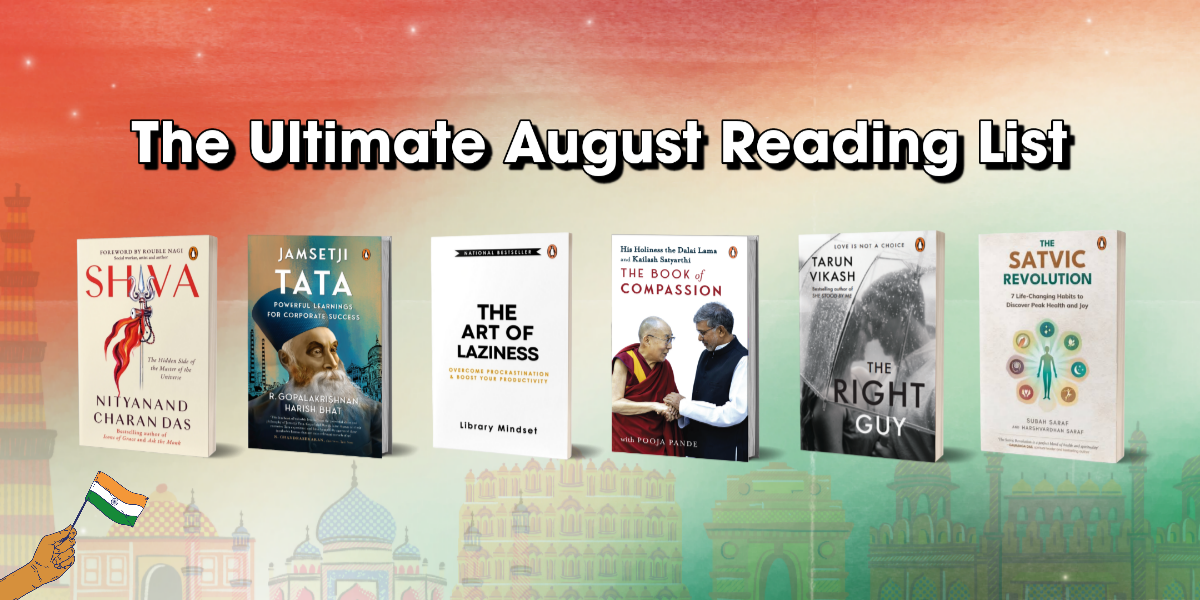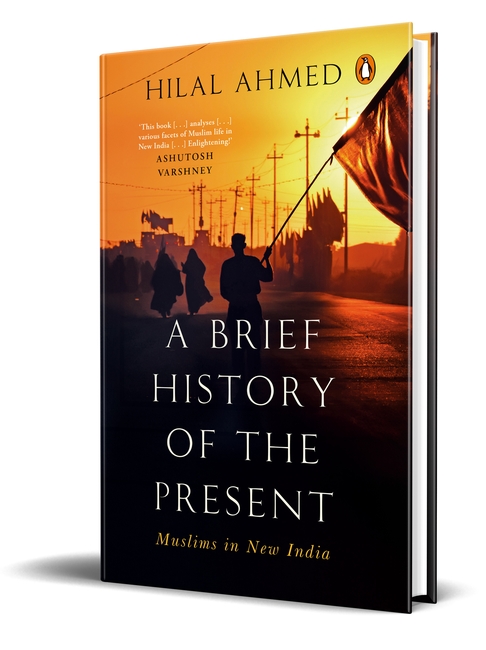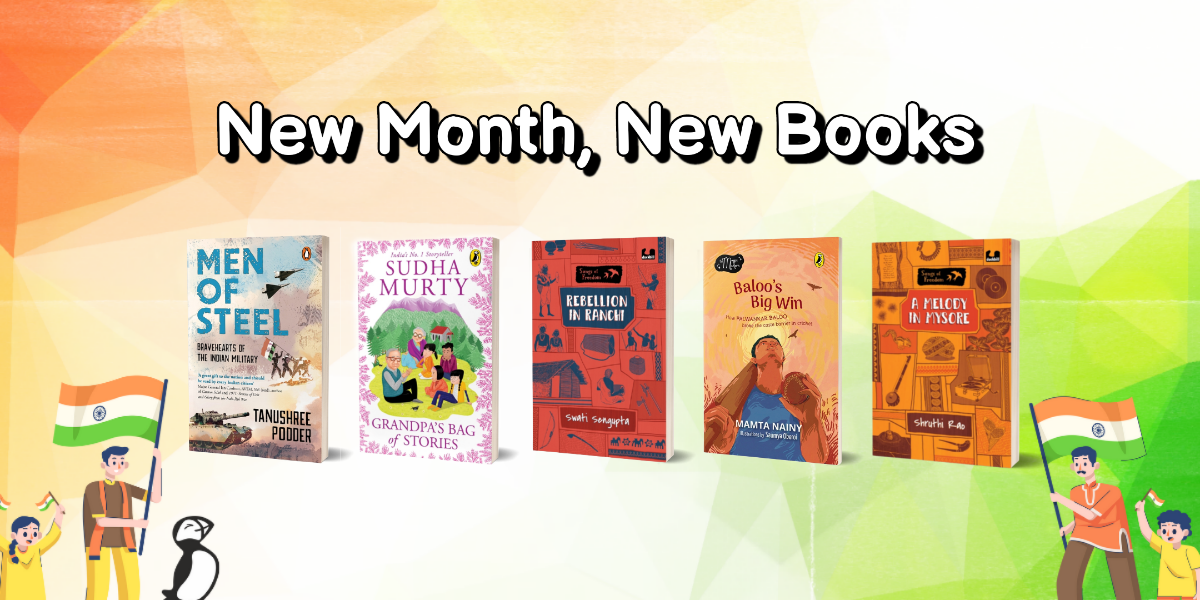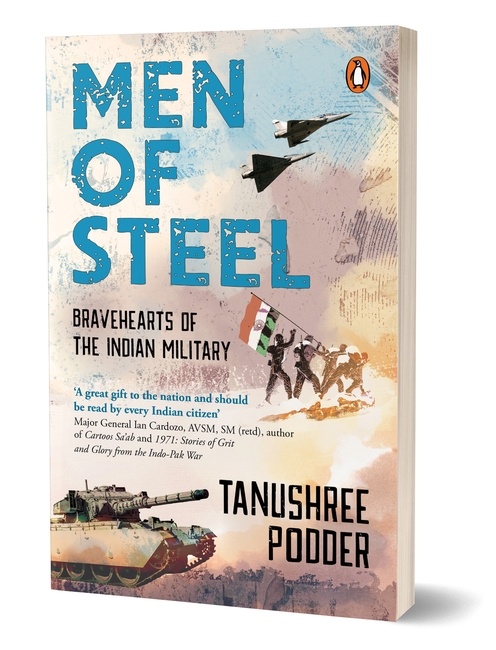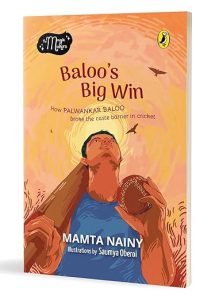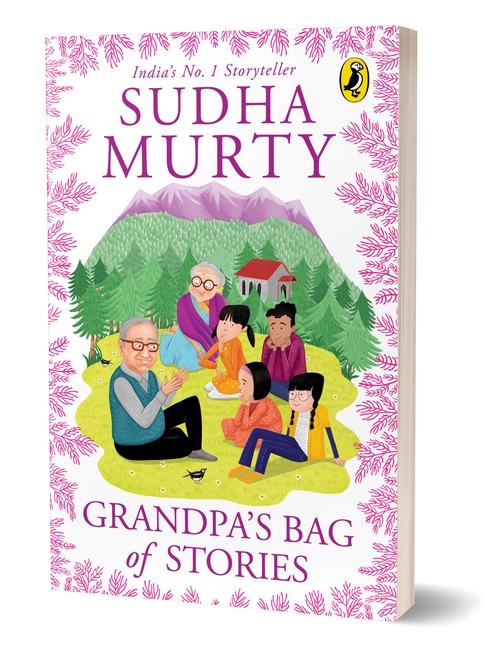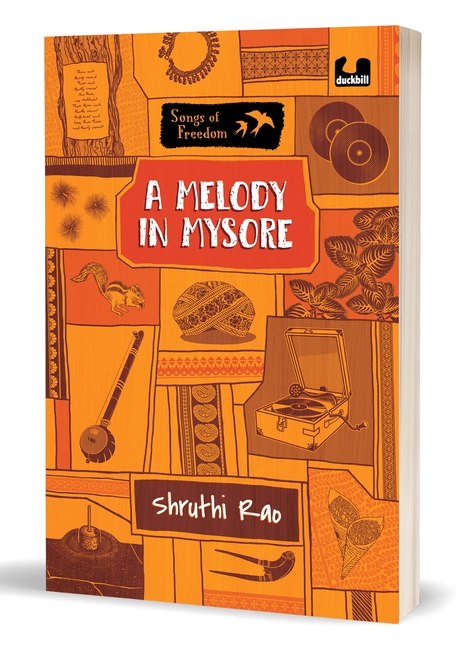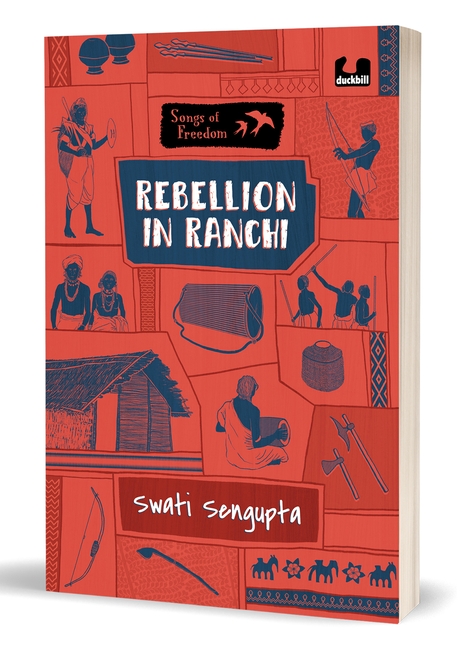As the monsoon rains sweep across India, August arrives not just with showers but with the spirit of freedom and celebration. This month, as we commemorate India’s Independence, there’s a delightful collection of new books perfect for cozying up indoors. Whether you’re in the mood for exciting thrillers, inspirational self-help, or simply want to experience the magic of romance, these new releases have something for every reader.
Celebrate the monsoon and the spirit of independence with a good book!
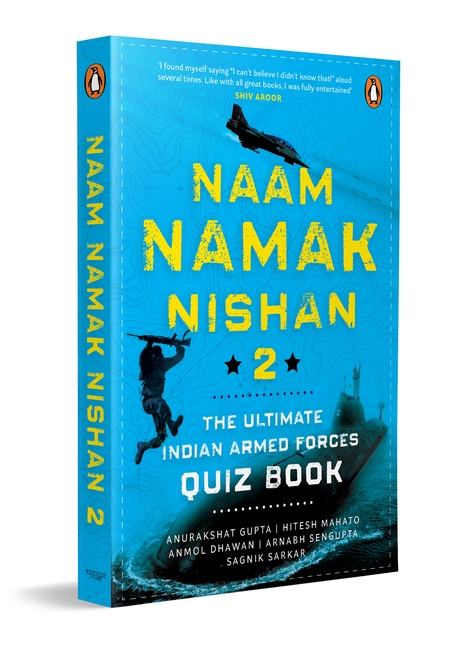
Did you know that an IAF officer commanded the Ghana Air Force as its first air chief?
Or that the Teen Murti Memorial honours Indian soldiers from the princely states of Jodhpur, Hyderabad and Mysore who fought in World War I?
Or that an iconic Indian military vehicle’s name is actually an acronym honouring its city of origin?
Or that a British lady anthropologist once led an intelligence-gathering guerrilla unit in the North-east and was called the ‘Queen of the Nagas’?
Find out the answers to these and more in Naam, Namak, Nishan 2, the much-awaited sequel to Naam, Namak, Nishan—India’s first quiz book on Indian military trivia that connects the Indian Armed Forces to more topics, exploring trivia in new, engaging formats. Written by a team of quizzer-doctors from the Armed Forces Medical College, Pune, this is military history like you’ve never read before.
A Brief History of the Present attempts to go beyond the obvious to rethink the role of minorities, specifically Muslims, in the ‘New India’ that has revealed itself since 2014. By diving deep into the complexities of Muslim identity and its role in everyday life while at the same time viewing the Muslim communities through a historical lens, the author attempts to provide a far more accurate picture of Indian Muslims than what is perceived currently.

Newly married Seema Hyderi is tired of being thrown out of her husband’s house. Now, sitting on her suitcase after a third eviction, she has a choice to make: obey her husband and submit, or listen to her instinct and leave forever.
The consequences of her decision will take Seema on a journey: from a world of unloving mothers and manipulative matchmakers to new avenues filled with anxiety, exploration and pleasure. In delightful prose filled with wicked humour and immense pathos, Haider takes Seema and her suitcase on a rollercoaster ride from Karachi to London and back again.
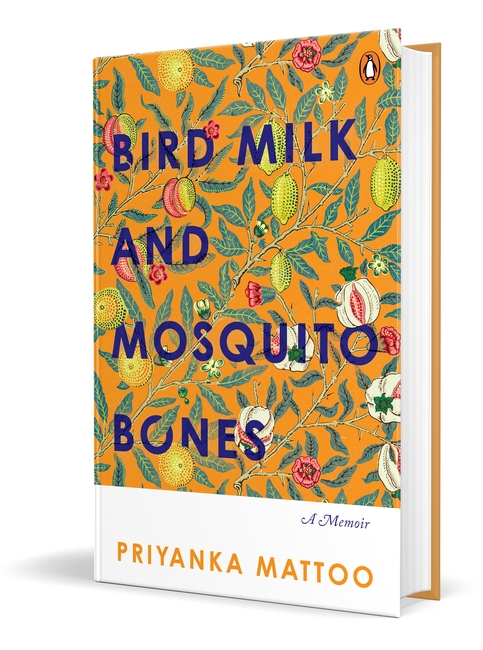
Priyanka Mattoo was born into a wooden house in the Himalayas, as were most of her ancestors. In 1989, however, mounting violence in the region forced Mattoo’s community to flee. The home into which her family poured their dreams was reduced to a pile of rubble.
Mattoo never moved back to her beloved Kashmir—because it no longer existed. She and her family just kept packing and unpacking and moving on. In forty years, Mattoo accumulated thirty-two different addresses, and she chronicles her nomadic existence with wit, wisdom, and an inimitable eye for light within the darkest moments.
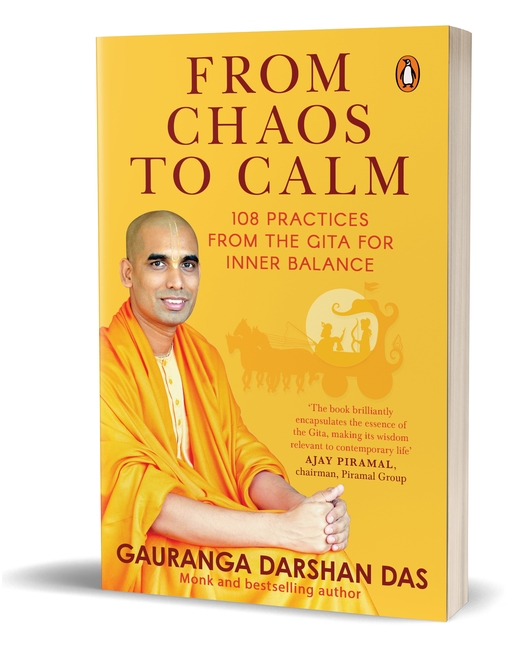
From Chaos to Calm by spiritual guru Gauranga Darshan Das is an enlivening journey designed to help you break free from the shackles of chaos. With a global reputation for insightful wisdom and authorship of over thirty-five illuminating books, Gauranga Darshan Das unveils a transformative road map drawn from the timeless teachings of the Bhagavad-Gita, revealing 108 life-enriching practices.
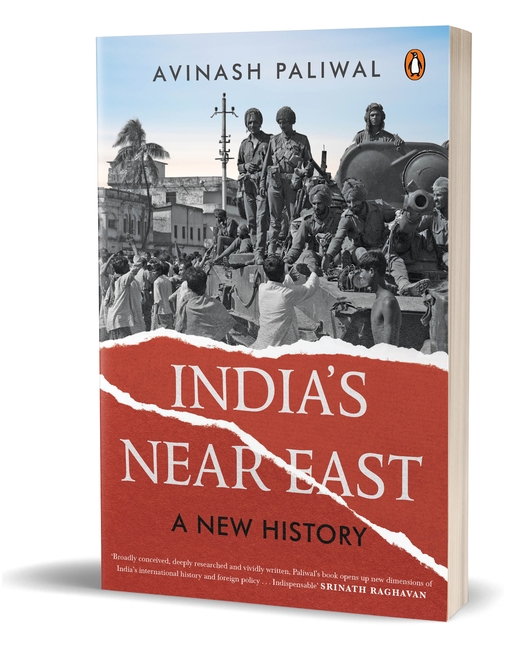
This book scripts a new history of India’s eastward-looking diplomacy and statecraft. Narrated against the backdrop of separatist resistance within India’s own northeastern states, as well as rivalry with Beijing and Islamabad in Myanmar and Bangladesh, it offers a simple but compelling argument. The aspirations of ‘Act East’ mask an uncomfortable truth: India privileges political stability over economic opportunity in this region. In his chronicle of a state’s struggle to overcome war, displacement and interventionism, Avinash Paliwal lays bare the limits of independent India’s influence in its near east.
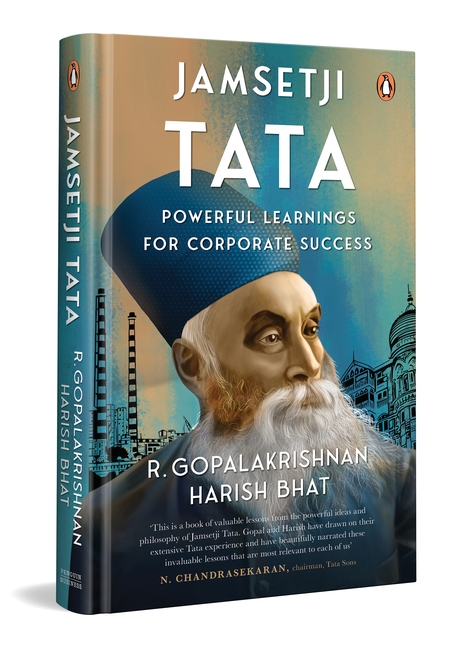
Jamsetji Tata pioneered modern Indian industry. He has been a key catalyst in the economic growth and development of the country.
From Empress Mills to the Iron and Steel Plant, from the establishment of Indian Institue of Science to the building of the Taj Mahal Hotel, Jamsetji’s vision made India stand tall. In this carefully researched account, R Gopalakrishnan and Harish Bhat provide insights into the entrepreneurial principles of Jamsetji that helped create such a successful and enduring enterprise.
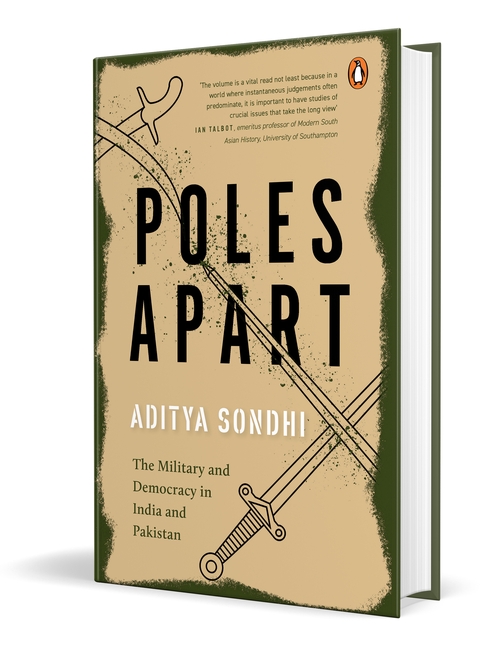
Poles Apart is a unique and original investigation of the comparative roles of the military, to study their influences on the growth of democracy in the two nations. The book highlights the divisive outcomes of military coups on Pakistan’s democratic trajectory while also closely analysing potential scenarios in India when the army could have gone astray, but chose to stay apolitical.
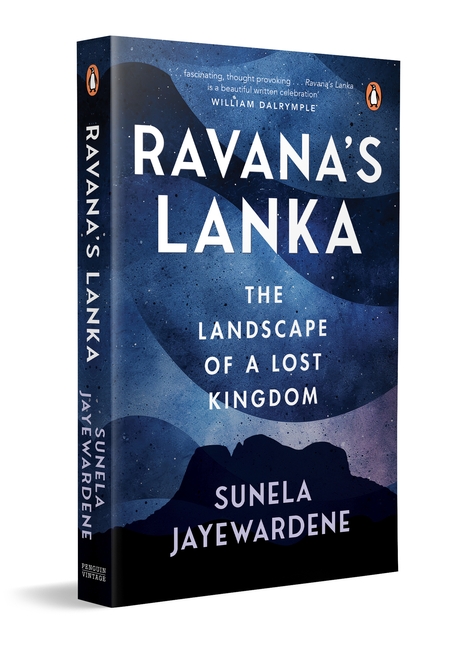
Demonized as he was after his death, the reign of King Ravana of Lanka, and his ancestors, the powerful Mayuranga, has long been obscured and shrouded in myth. Once, their kingdom is believed to have reached beyond the shores of the island, capturing lands across the seas—a kingdom of that magnitude was never seen again on Lanka. In a bid to shed light on this lost era, Sunela Jayewardene travelled through Sri Lanka, and listened to the storytellers and poets, researched Sri Lanka’s folklore, sifted through race and religion . . . to stitch together a history of a forgotten landscape.
This remarkable, vivid book is the story Sunela learnt of King Ravana and the kingdom that he lost.
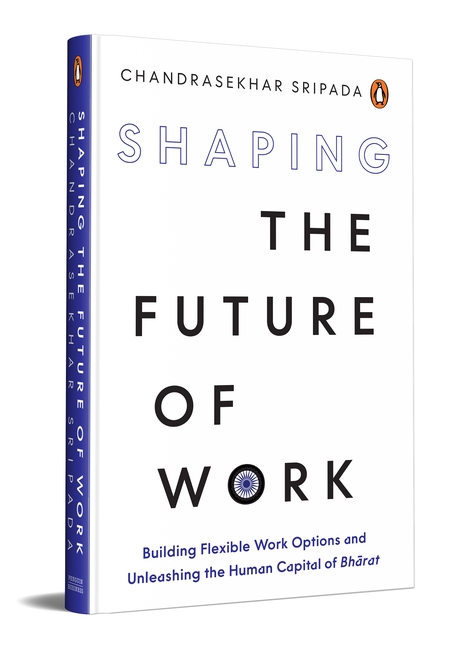
This book not only addresses the challenges of building an inclusive human capital framework for India but also highlights some unconventional ideas around work and models of employment which can create this much-needed inclusion. It is imperative that we adapt and shape the future of work possibilities around flexibility. By doing so, we can considerably address India’s jobs and employment challenges.
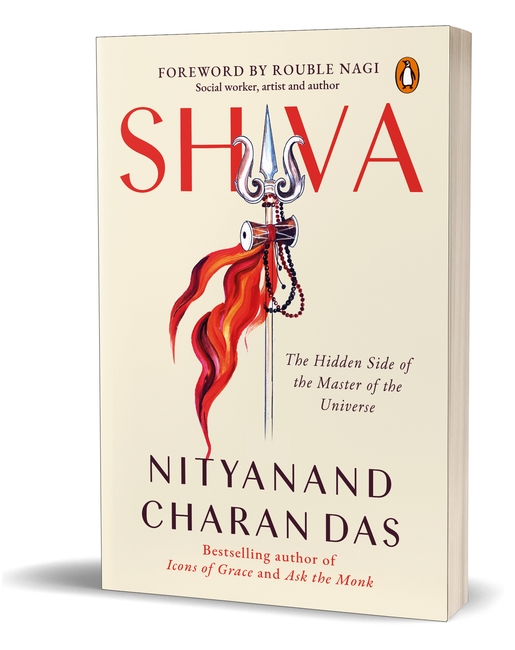
Lord Shiva, the most mystical and enigmatic deity of the Vedic pantheon, remains the most popular and yet, the least understood personality.
From being the destroyer to the most compassionate, being the personification of anger to the one who is easily pleased, living a life of complete detachment from the material to blessing his worshipers with material opulence, he remains a perfect puzzle to most.
Lord Shiva is often depicted in deep meditation, symbolizing transcendence and inner peace. With his third eye, he represents wisdom and insight, capable of both annihilating ignorance and bestowing enlightenment. As the lord of renunciation, he challenges devotees to transcend worldly attachments and embrace spiritual ascension. Yet, he is also the benevolent protector, offering solace and guidance to those in need.
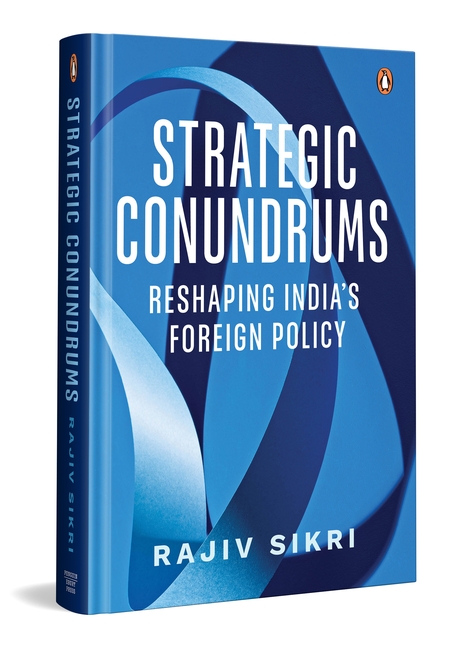
Strategic Conundrums: Rethinking India’s Foreign Policy focuses on India’s immediate and strategic neighbourhood. It also looks at important issues like energy security, economic diplomacy, the interaction between defence and diplomacy, and foreign policy institutions. A unique feature of the book is that it combines the perspectives of a historian, a diplomat and a scholar. With many new out-of-the-box ideas and policy suggestions, it makes a valuable contribution to the ongoing debate on foreign policy within India’s strategic community.
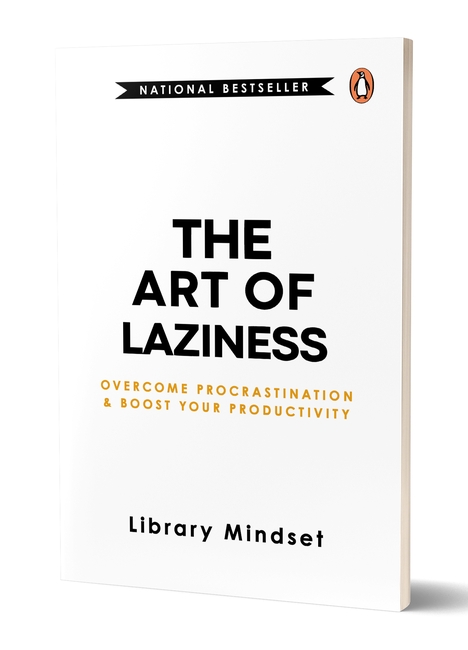
Do you constantly feel unmotivated to work on your dreams?
If the answer is yes, then this book is for you. Laziness stops us from enjoying the little time we have. It doesn’t help you accomplish your goals. It stops you from starting anything new. It makes your life miserable.
This book will teach you:
How to overcome laziness
How to stop procrastination
How to improve your productivity
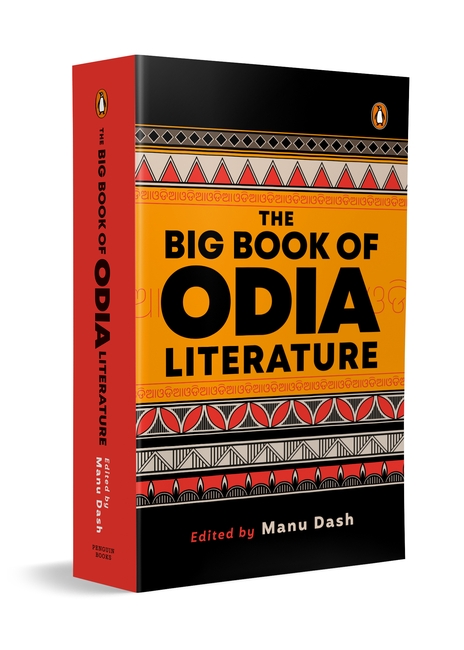
With a literary history spanning centuries, the languages of Odisha have found myriad expression in prose, poetry, mythology, history, and politics.
The Big Book of Odia Literature goes where very few have dared—into a history of language, literature and song that can be traced back all the way to the tenth century.
In this careful curation, The Big Book curates essays, stories, poems, and plays that have defined the culture of a state and a people. A first of its kind, the volume is for lovers of linguistic history and literary traditions.
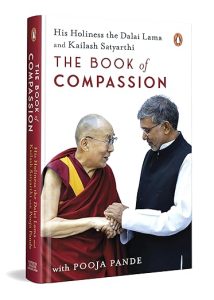
In the post-pandemic world, His Holiness the Dalai Lama and children’s rights activist Kailash Satyarthi thrashes out the idea to cultivate compassion and why honest concern for others is the key factor in improving our day-to-day lives. From inequalities to injustice to climate change, the influence of Gandhi to ancient Indian and Tibetan knowledge system, importance of education for children, and the idea of an interconnected world, among others, in The Book of Compassion two globally renowned spiritual and moral leaders reveal their vision for a globalized compassion that promotes freedom, joy and inner peace.
Candid, anecdotal and absolutely unputdownable, this book is your perennial source of courage, compassion and wisdom.
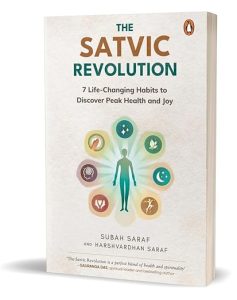
If you are looking for a practical guide to help you achieve peak health, increased energy in your day, optimal weight and a calm mindset even amidst chaos, then The Satvic Revolution is for you.
Authors Subah and Harshvardhan, co-founders of the Satvic Movement, battled chronic diseases for many years. After trying all available solutions with no success, they turned to natural health wisdom. They adopted seven life-changing habits, using which, they were able to fully heal themselves. In this book, they share these with you.
These habits draw from the best of both worlds―ancient wisdom and modern science. While the first four elevate your physical health, the last three focus on deeper aspects that are often overlooked―your mental and spiritual health.

Dhruv meets Avni in college and falls head over heels in love with her. But he never musters the courage to confess his love fearing that she would reject him. They graduate from college and go their separate ways.
Four years later, Dhruv is in Goa with his family on vacation. As luck would have it, Avni is in the same hotel as Dhruv. Will Dhruv tell her how he feels, all these years later? And will Avni reciprocate his love or has she already found her perfect someone?
Based on a true story, The Right Guy is a heartwarming story about finding the courage to express love, knowing the other person may not feel the same way. It’s about taking chances and maybe, just maybe, finding the right guy along the way.
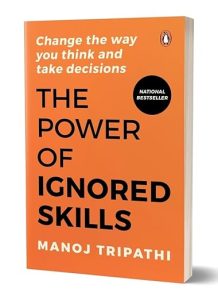
Do you want to know how the skills we tend to ignore play a significant role in our success? How did scientific observations lead to important inventions? How did the Suez Canal help Mumbai become a business hub? How do world leaders use communication skills to achieve their objectives? How do MNCs use the power of purpose to connect with customers and employees? Why is India left behind in the economic race? And how did fire help humans become wiser?
Through various examples and stories, all the above questions are answered in The Power of Ignored Skills. This book not only highlights problems but also offers solutions for some of the most complex challenges. With more than fifty examples and case studies, this book is a handy resource for a student, a learner or anyone climbing the corporate ladder.
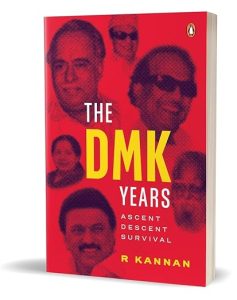
The DMK’s pioneering public distribution system and welfare populism have been a model for other states. Of late, the party has touted its ‘Dravidian Model’ of development as a viable national alternative. Its renewed emphasis on Tamil cultural nationalism and cooperative federalism aims to counter the current majoritarian political narrative.
Yet, seventy-five years later, the DMK is more than ever under assault from caste and ultra-nationalist elements and persisting charges of unjust enrichment and dynastic politics.
At this pivotal moment in history, as the ethos of Indianness is being redefined, veteran political observer and commentator R. Kannan explores the trajectory of the DMK and its future direction. Drawing on a substantial body of first-hand accounts, The DMK Years narrates the story of the party objectively and in its entirety, making this volume essential to understanding the contours of Tamil Nadu politics.
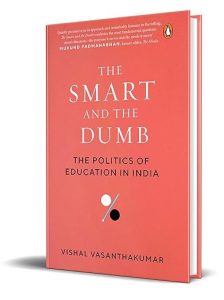
Education achieves many things—it pulls people out of poverty, enables socio-economic mobility and promises a route to dignity. But what does education mean to different people, what does it do and whose needs are being met by education?
Even as globalization and formal education have established themselves as unquestionable truths, only a privileged few have cornered its benefits. In this process, education is being reconceived and its promises are being rewritten. Today, there clearly is more to education than going to school, getting credentials and getting a job.
This book is an attempt to capture what this ‘more’ is, by exploring education’s connections to caste, class and gender and understanding how they affect the promise of education. In documenting the fractured realities of the many children who want guns for Christmas and the psychological trauma of conflict in Manipur, how a ban on toddy-tapping affects educational choices in Tamil Nadu or why a grandmother chose to get her fifteen-year-old granddaughter married to a seventeen-year-old truck driver in rural Rajasthan and many such stories, this book attempts to paint a portrait of the political and cultural processes that affect education.
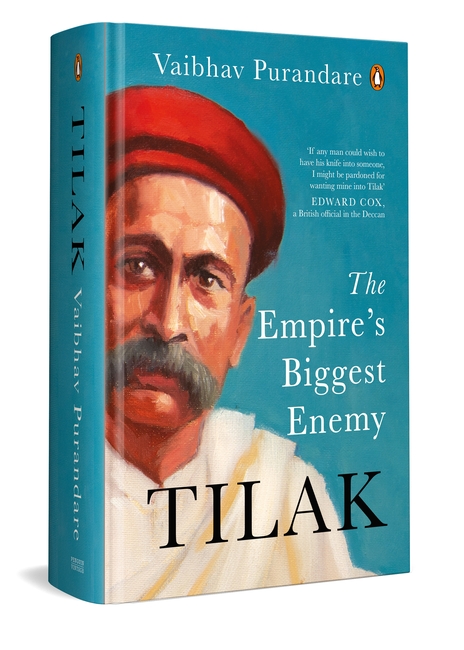
Hailed as ‘Lokmanya’ or ‘One Revered by the People,’ Tilak transformed India’s fight for freedom from polite discourse to a mass uprising. His fierce writings, relentless activism, and controversial stances earned him the title ‘enemy of the British government’ from the Raj, which saw him as its greatest threat. And at a time the British were undermining Indian self-esteem and dismissing Indians as ‘uncivilized heathens,’ Tilak argued powerfully and relentlessly that there was much of enormous value in India’s past, its culture, heritage and civilization, awakening Indians to a sense of their own identity. This definitive biography traces Tilak’s journey from his early days in Konkan to his influential role across India, highlighting his battles against the British, imprisonments, and commitment to Swaraj.







